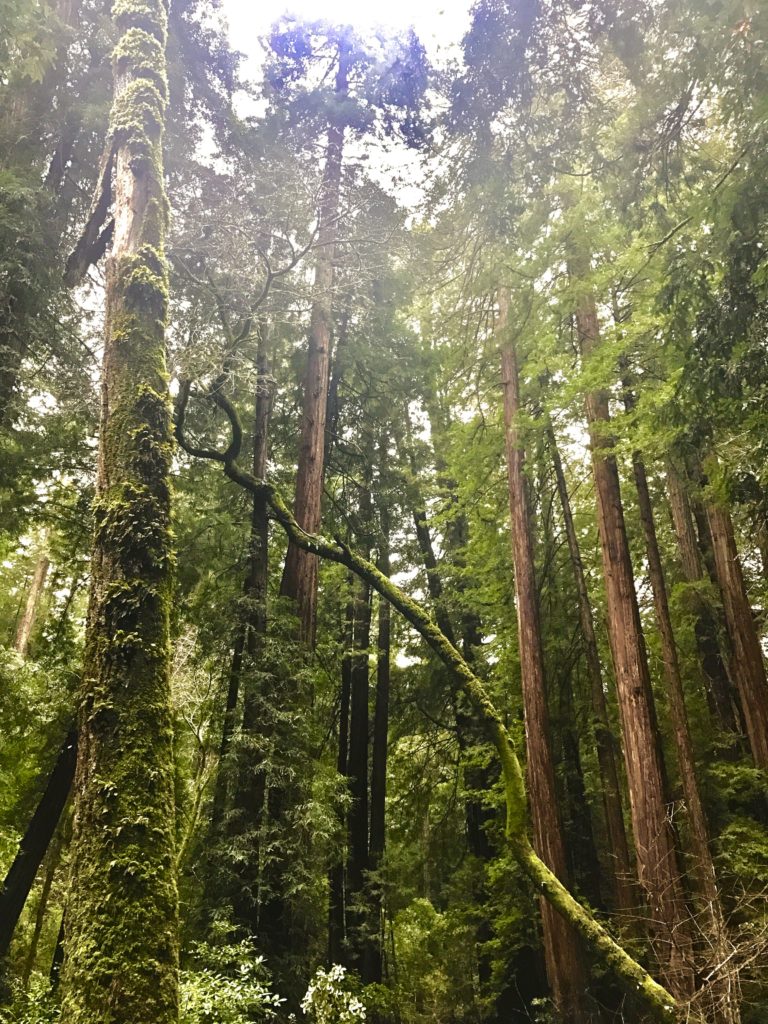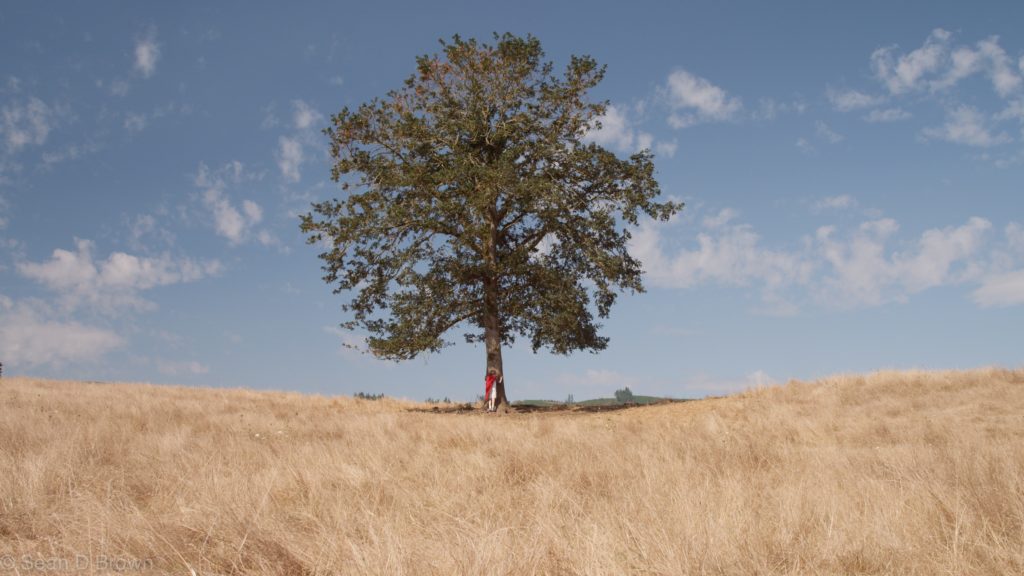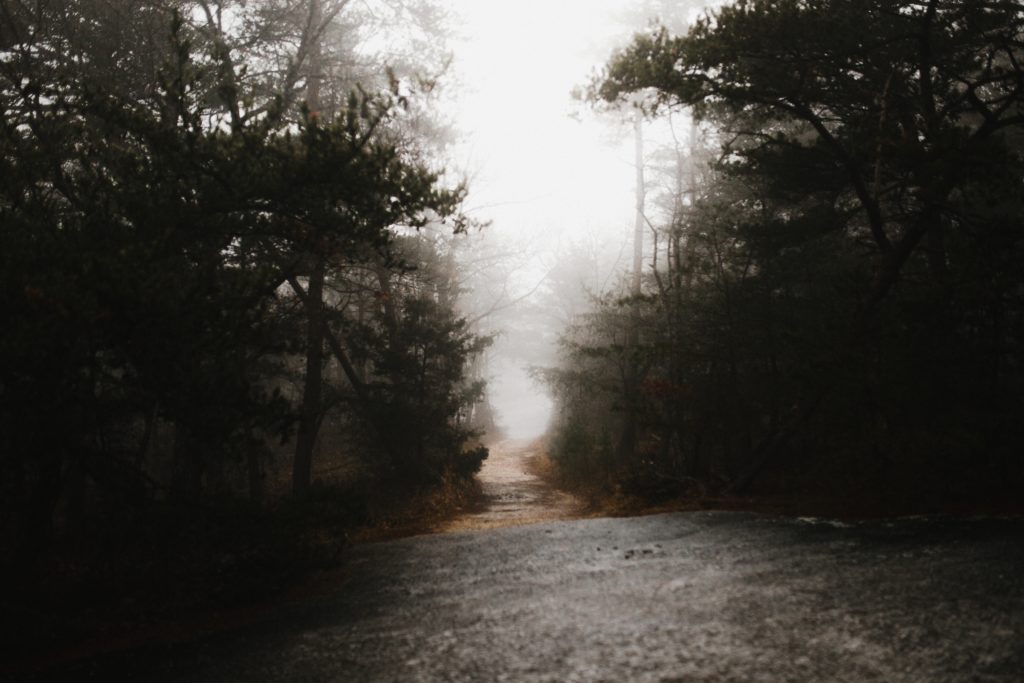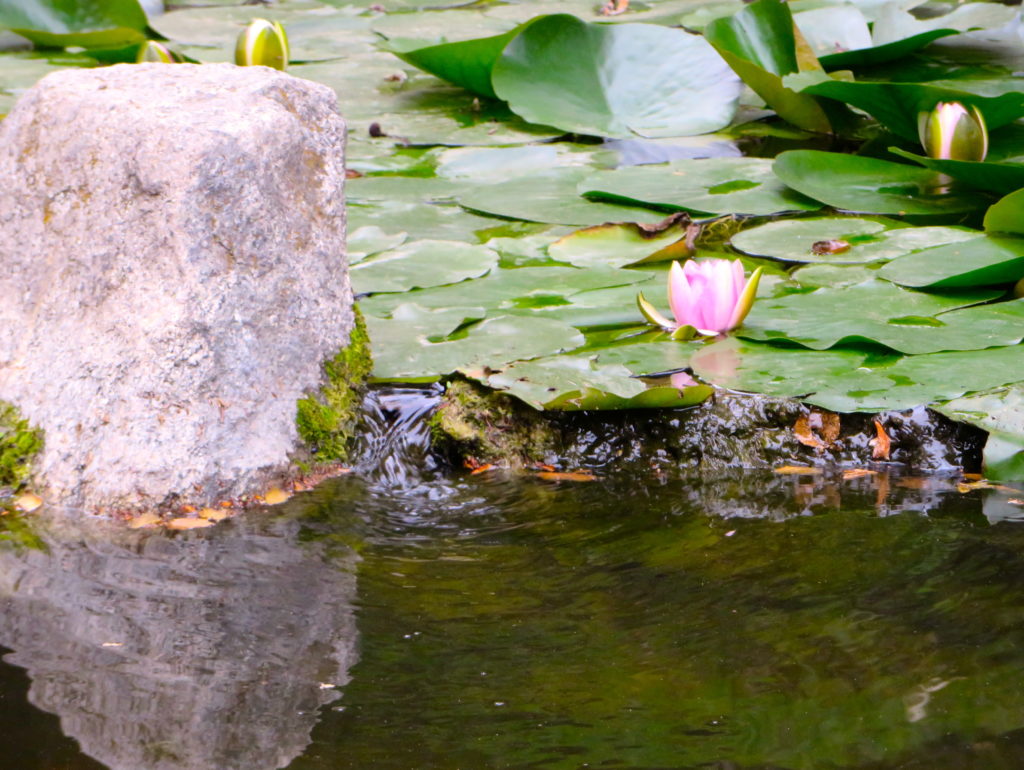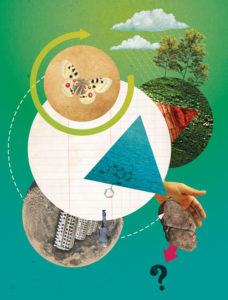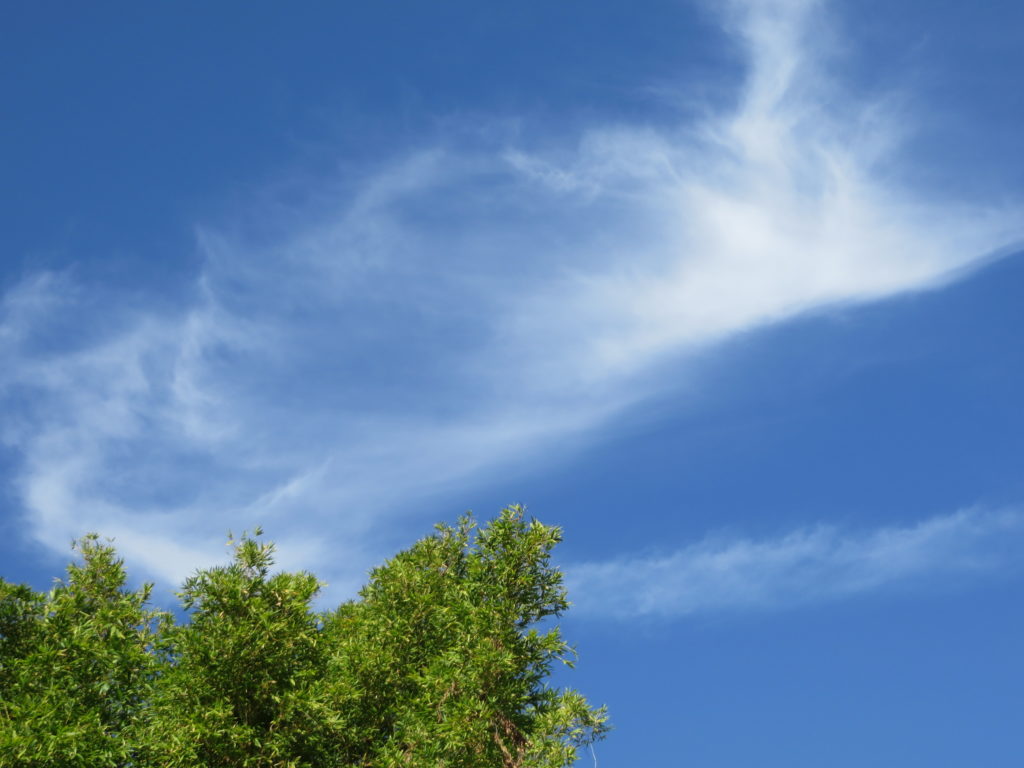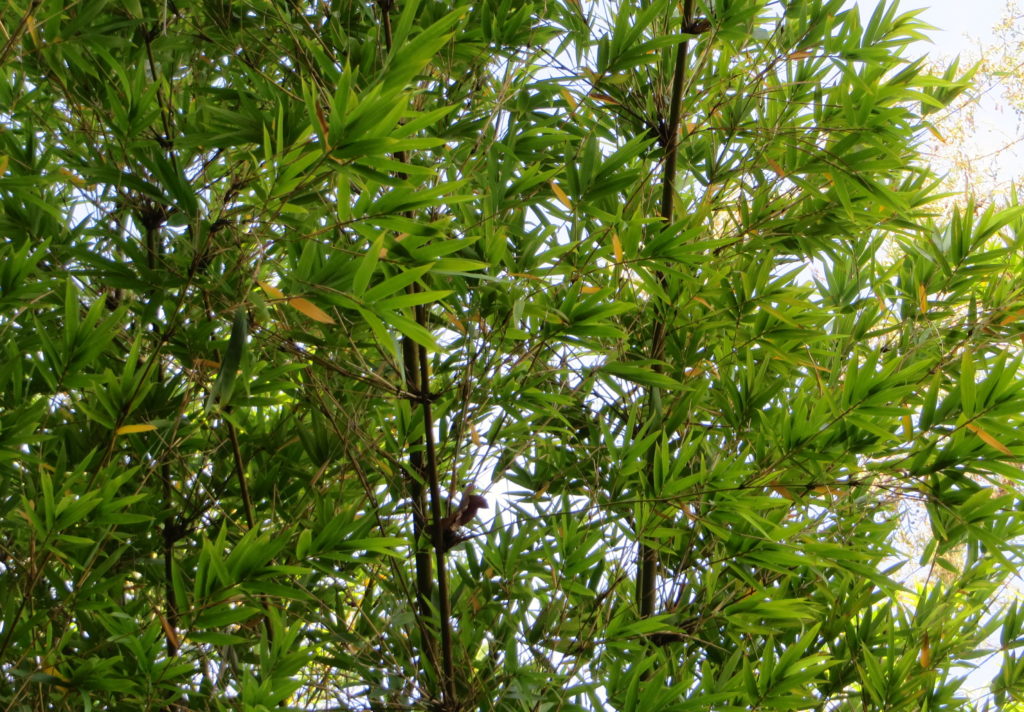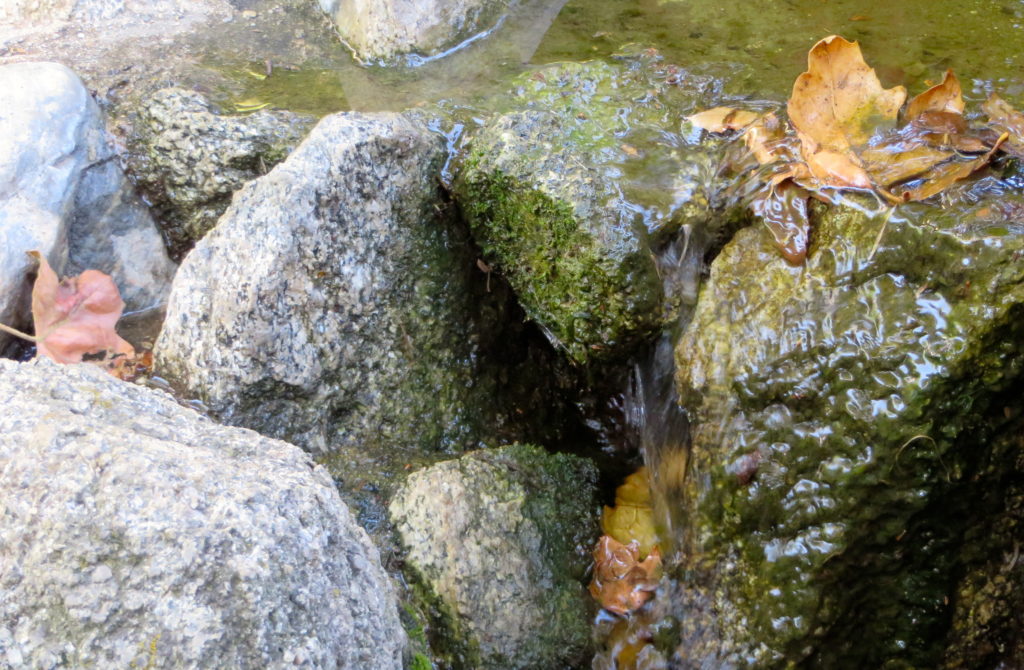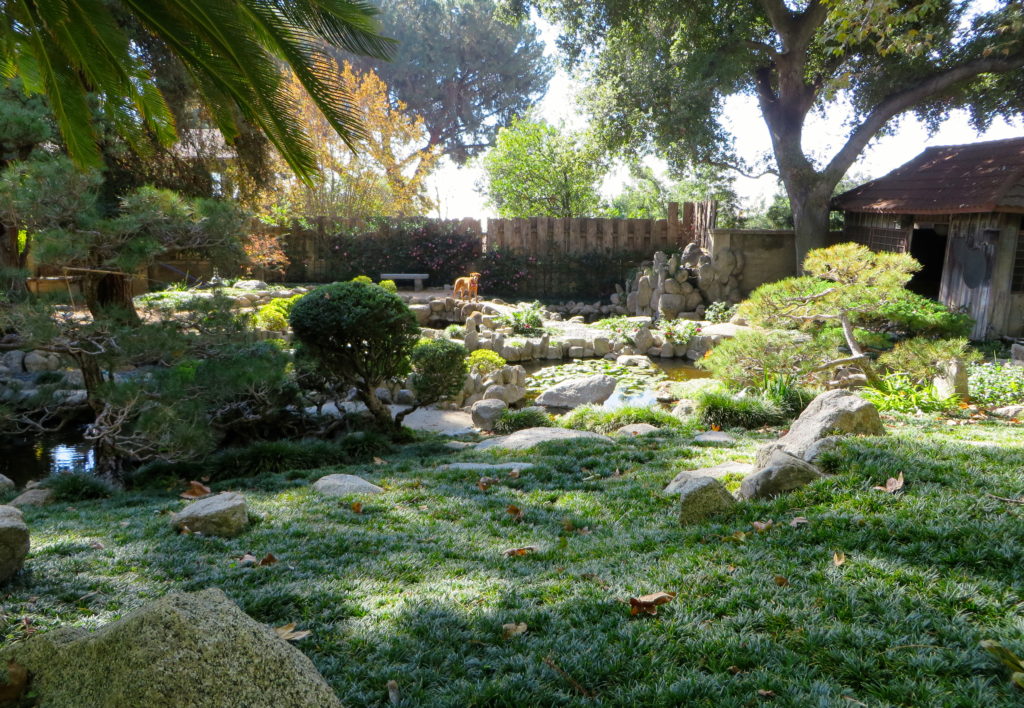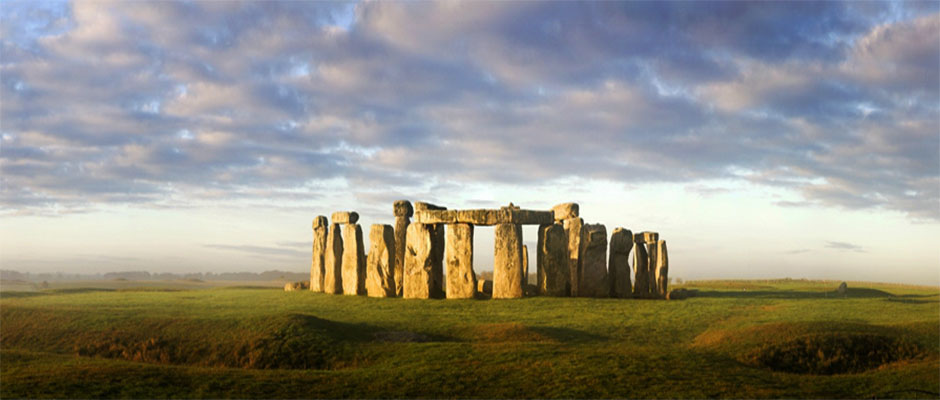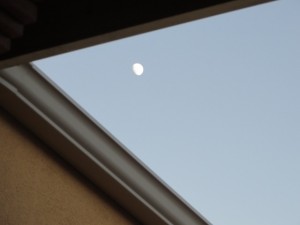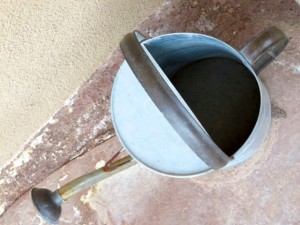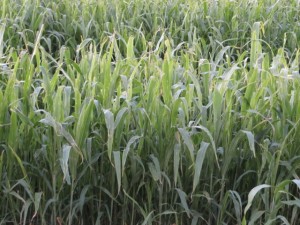
At once something like scales fell from his eyes, and he regained his sight. — Acts 9:18
A few mornings ago I looked out the window to the garden and saw something really weird scattered over the patio. At first, it looked a little like confetti. Up close, it seemed more like press-on fingernails. I picked up a piece and it was as hard as plastic. It took me a few minutes before I knew, with resignation and sadness, what I was looking at.
In my last blog post I told you that the practice of Buddhism started when Shakyamuni realized that he would get old, get sick and die. It went sort of like this: “Here’s the baseline. You’re not going to like this. It’s going to be hard. Life’s a bitch.” That’s what we call the First Noble Truth: life is suffering.
The practice of Buddhism is to look into that suffering and see what’s there. Are we just a collection of bones, or as my teacher likes to say, a bag of shit, pus and blood? Because if that’s all that’s sitting here, go on home and spend the rest of your life streaming Netflix. But Shakyamuni has his doubts. He wants to see for himself.
When he looks into his own nature, he arrives at the Second Noble Truth, which is that the source of suffering can be known. You can see that you suffer because things don’t go the way you want them to. Out of nowhere we get sick, and try as we might, we can’t undo the causal factors. No one can even tell you for sure what the causal factors are. We have an accident, and we can’t unwind it. Trouble comes, and we can’t get around it. Happiness shows up, then disappears. As long as we go through life saying, “This doesn’t work for me, I can’t handle this, I don’t want it, I don’t like it, and I’m not ready,” we’re in continuous discomfort, or dukkha.
And where is all of that happening? In the mind that picks and chooses, trying to plan, prevent, organize and prepare, as if you could avoid all the bad stuff and hold onto the good.
So by now you know that you suffer, and you can also see why. The next step is to stop doing that. The Third Noble Truth tells you that you don’t have to be a prisoner to your thoughts. You don’t have to live inside your head, spun about by “me, my, I” and all your likes and dislikes, desires, fears, how-comes, why-fors and the really big question: the what-comes-after.
Buddha laid out a path for liberating yourself from delusion. It’s called the Eightfold Path and the fact that it exists is called the Fourth Noble Truth. The path looks a lot like this: be where you are, as you are, take care of what appears in front of you, and don’t judge it. After all, you can’t avoid or escape it, and it will change.
As for what comes after, we have to say we don’t know. Explore that space of not knowing. Live in that house, the house where there are no walls. No before and after; no beginning and no end. Where everything happens whether you’re ready or not, and face it with the courage of your ancestors who ascended the throne of enlightenment. That’s the truth of Buddhadharma, which is the truth of your life.
***
(It was what the owner of a particular koi pond, which is visited nightly by raccoons, might see as the end.)
Excerpted from a Dharma Talk, “The Truth of Your Life” which you can listen to via this link.

